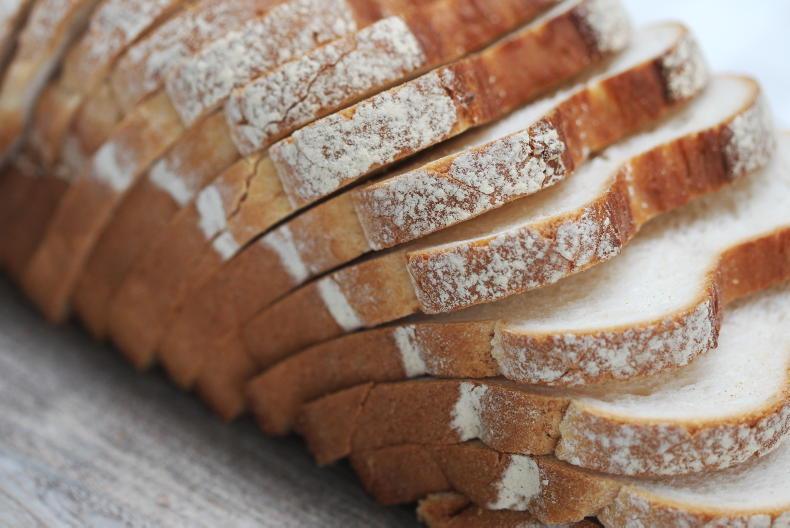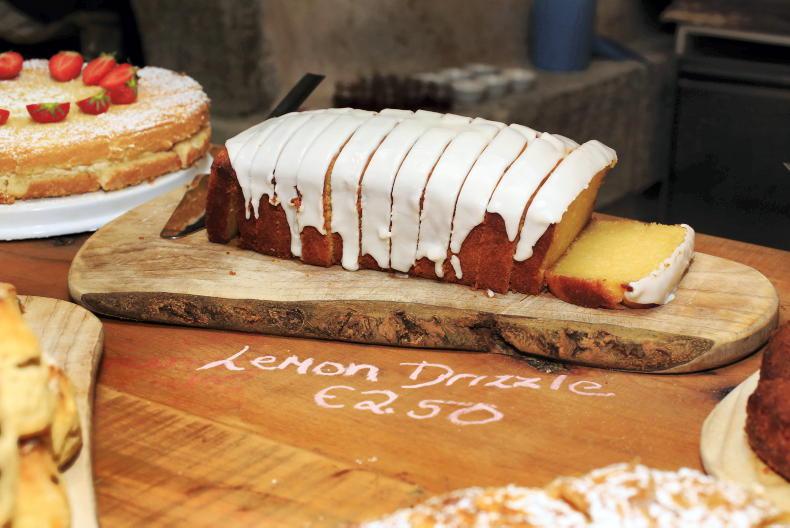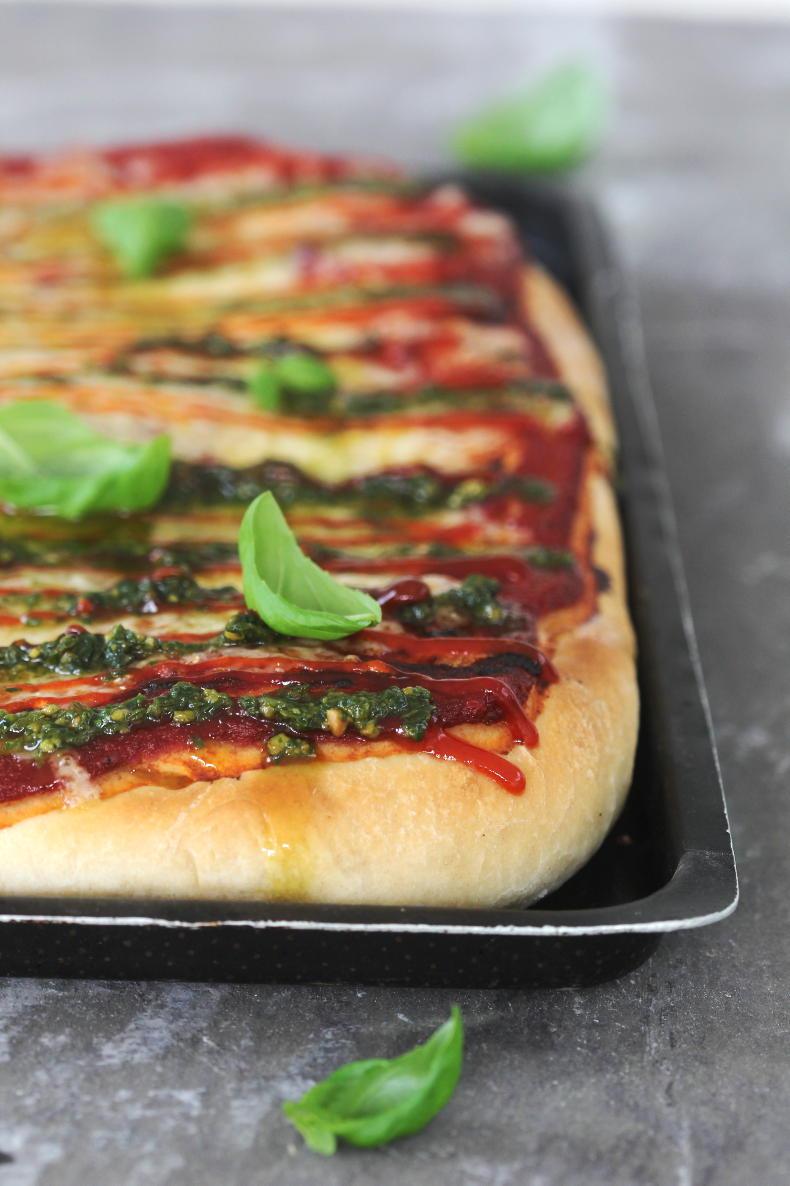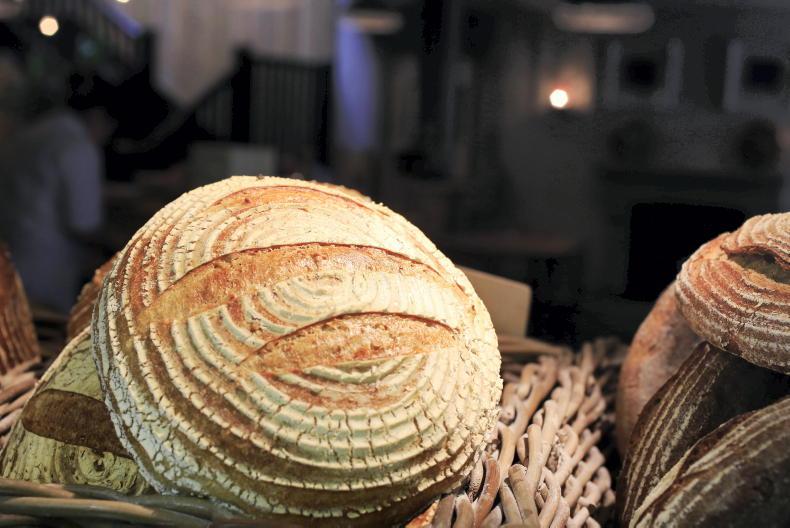The war in Ukraine has resurrected the long-forgotten topic of food security around the world and in Ireland. Perhaps many of our younger readers will be surprised to know that we have very little native production of basic staple foods, except for potatoes (in which we are still only 80% self-sufficient). Wheat and flour products are our main staple food and virtually all our flour is now imported.
Staple foods are those foods we consume the biggest quantities of, primarily carbohydrates to supply energy. We now have virtually no native flour production and there is only one remaining commercial flour mill which mills virtually no Irish wheat. Native flour production is confined to a few artisan producers who make their own flour for their baking needs.
We import roughly 250,000t of flour annually to produce our breads, biscuits, confectionary, pizza bases etc and we also import a considerable quantity of products made from flour.
What is flour?
The question is simple, but the answer is not. Flour is a ground-up product normally produced from the endosperm of seeds – the starchy bit inside the skin. Flours can be made from virtually all seed types, but the flour we refer to is primarily made from wheat, however other raw materials can be used also. Flour made from maize – corn flour – is just one example.

Flour for bread must rise during baking and the dough must expand evenly and trap air to give a soft texture.

Flour for bread must rise during baking and the dough must expand evenly and trap air to give a soft texture.
In general, the milling process separates the white starchy endosperm to produce a bright white flour. Flours can include or exclude the seed coat or skin, which is high in fiber.
During milling, the seeds are passed through high-speed rollers which tear the seed apart to free up the starch/endosperm to make the flour. The degree to which it is milled influences the fineness of the flour.
Protein embedded in the starch has a huge influence on the baking characteristics of any flour. Individual wheat varieties differ in their suitability for milling initially and then baking.
Suitability for different baking markets is influenced by variety, protein content, starch type etc.
Baking requirements are complex
It is important to realise that different types of flour are needed to bake different products. Think about it – can you make flat biscuits, fluffy loaves of bread, bread rolls, brown bread, soda bread, scones, cupcakes, madeira sponges, pasta bases, spaghetti, pasta and the countless of other types of confectionary and bread products from a single flour? The answer is no.

Confectionary requires many different flour specifications.
Some products need to expand during baking, such as bread and some confectionary, while some biscuits and pasta bases should not rise at all.
In some instances, the addition of other ingredients to a flour can alter its baking characteristics.
Other flour uses
On top of these, there are many other uses for flour – it is used in sauces and many other products as a form of binder. If you are a coeliac (a condition which makes some people very intolerant to the presence of gluten in the food – gluten is a protein in wheat), or if you are wheat intolerant, there are a huge number of foods that you must avoid because of the presence of wheat.

Flour for pizza bases should not rise during baking.
Other types of flour can be used to add to the diversity and/or nutritional content of food.
One example here is the addition of barley flour to wheat flour to add beta glucans. These substances have a positive effect on blood sugar levels and on cholesterol.
Why these characteristics
Individual varieties have specific individual characteristics which make them more or less suited to specific uses. There is a range of different technical terms used to identify these properties, but most relate to the type and amount of protein present and the nature of the starch. Issues such as the yield of flour from a tonne of wheat are commercial considerations and these matter to the businesses rather than the bakers.
What can we make
So, can Irish farmers produce wheat to make flour? The quick answer to this question is no, because we do not have commercial flour milling capacity in this country to turn wheat into flour. We can grow wheat to make some flour types, but we cannot produce the very high milling quality grown in hot countries. Weather is always an issue here.
The big question should be – what can we make from the crops we can grow, be that wheat, oats or rye, as they can all be used to make breads. Our young readers need to be forcing these questions on society and pressing for answers for your future.
The war in Ukraine has resurrected the long-forgotten topic of food security around the world and in Ireland. Perhaps many of our younger readers will be surprised to know that we have very little native production of basic staple foods, except for potatoes (in which we are still only 80% self-sufficient). Wheat and flour products are our main staple food and virtually all our flour is now imported.
Staple foods are those foods we consume the biggest quantities of, primarily carbohydrates to supply energy. We now have virtually no native flour production and there is only one remaining commercial flour mill which mills virtually no Irish wheat. Native flour production is confined to a few artisan producers who make their own flour for their baking needs.
We import roughly 250,000t of flour annually to produce our breads, biscuits, confectionary, pizza bases etc and we also import a considerable quantity of products made from flour.
What is flour?
The question is simple, but the answer is not. Flour is a ground-up product normally produced from the endosperm of seeds – the starchy bit inside the skin. Flours can be made from virtually all seed types, but the flour we refer to is primarily made from wheat, however other raw materials can be used also. Flour made from maize – corn flour – is just one example.

Flour for bread must rise during baking and the dough must expand evenly and trap air to give a soft texture.

Flour for bread must rise during baking and the dough must expand evenly and trap air to give a soft texture.
In general, the milling process separates the white starchy endosperm to produce a bright white flour. Flours can include or exclude the seed coat or skin, which is high in fiber.
During milling, the seeds are passed through high-speed rollers which tear the seed apart to free up the starch/endosperm to make the flour. The degree to which it is milled influences the fineness of the flour.
Protein embedded in the starch has a huge influence on the baking characteristics of any flour. Individual wheat varieties differ in their suitability for milling initially and then baking.
Suitability for different baking markets is influenced by variety, protein content, starch type etc.
Baking requirements are complex
It is important to realise that different types of flour are needed to bake different products. Think about it – can you make flat biscuits, fluffy loaves of bread, bread rolls, brown bread, soda bread, scones, cupcakes, madeira sponges, pasta bases, spaghetti, pasta and the countless of other types of confectionary and bread products from a single flour? The answer is no.

Confectionary requires many different flour specifications.
Some products need to expand during baking, such as bread and some confectionary, while some biscuits and pasta bases should not rise at all.
In some instances, the addition of other ingredients to a flour can alter its baking characteristics.
Other flour uses
On top of these, there are many other uses for flour – it is used in sauces and many other products as a form of binder. If you are a coeliac (a condition which makes some people very intolerant to the presence of gluten in the food – gluten is a protein in wheat), or if you are wheat intolerant, there are a huge number of foods that you must avoid because of the presence of wheat.

Flour for pizza bases should not rise during baking.
Other types of flour can be used to add to the diversity and/or nutritional content of food.
One example here is the addition of barley flour to wheat flour to add beta glucans. These substances have a positive effect on blood sugar levels and on cholesterol.
Why these characteristics
Individual varieties have specific individual characteristics which make them more or less suited to specific uses. There is a range of different technical terms used to identify these properties, but most relate to the type and amount of protein present and the nature of the starch. Issues such as the yield of flour from a tonne of wheat are commercial considerations and these matter to the businesses rather than the bakers.
What can we make
So, can Irish farmers produce wheat to make flour? The quick answer to this question is no, because we do not have commercial flour milling capacity in this country to turn wheat into flour. We can grow wheat to make some flour types, but we cannot produce the very high milling quality grown in hot countries. Weather is always an issue here.
The big question should be – what can we make from the crops we can grow, be that wheat, oats or rye, as they can all be used to make breads. Our young readers need to be forcing these questions on society and pressing for answers for your future.










 This is a subscriber-only article
This is a subscriber-only article










SHARING OPTIONS: